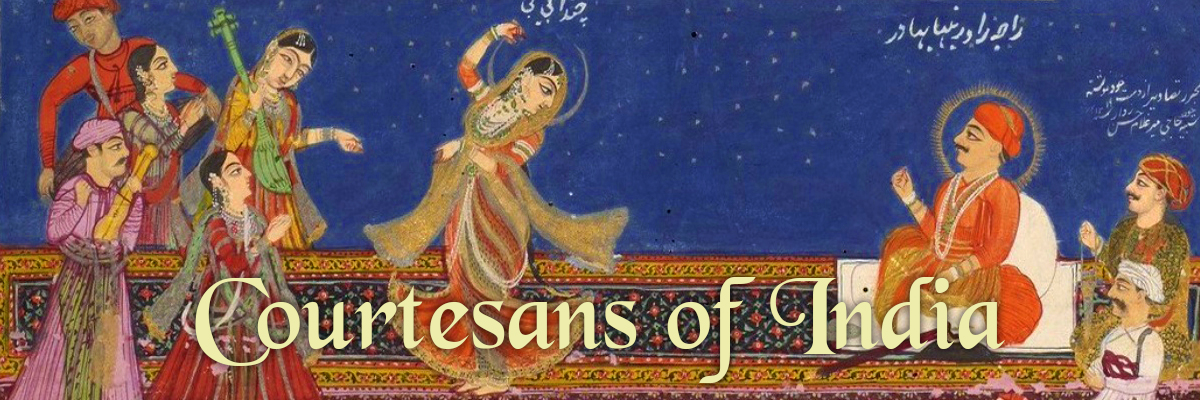Abstract
This dissertation examines coming of age, sexuality and relationships, social reform, and HIV/AIDS among a unique group of female sex workers, the Devadasis, in rural areas of the South Indian state of Karnataka. Former temple servants, religious functionaries, and courtesans in the medieval to early Colonial period (c. 10th-19th century), over time the Devadasis have lost their wealthy patrons and attendant socio-religious status. While often equated with commercial sex workers, many Devadasis continue to practice age-old ceremonies and customs. However, many aspects of these sex workers’ lives are misunderstood. A combination of qualitative methods was used during this research; mainly participant-observation, interviews (individual, group, life-histories), and workshops with participants were coordinated to ensure their participation in the process and feedback on study results. Among the most important findings is the alternative model of child prostitution that emerged from the data. Contrary to standard portrayals of the young as victims of a degraded trade, Devadasi girls discussed some positive aspects of prostitution, such as their ability to support their families, providing income to participate in peer activities, and becoming an adult. The common assumption about sex workers as sexually detached and incapable of forming important unions was also challenged, as many Devadasis enjoy meaningful sex with their long-term lovers or partners, who are central to the women’s socio-emotional and economic well-being. Their response to state-level social reform movements aimed at “rescuing” them from prostitution reveals a pragmatic understanding of these campaigns not often considered in the literature, with the women incorporating these programs into their sex work earnings to maximize their position in a demanding economic environment. Similarly, their involvement in the formation of Collective organizations in order to develop a sense of empowerment in their fight against HIV/AIDS reveals the women’s ability to mobilize and politicize their demands. The results of this dissertation are relevant to the emerging research on global sex work, especially in relation to the issues of childhood, sexuality, and relationships, and they present new data on the Devadasis about coming of age, changes in the system over time, social reform, and HIV/AIDS.
